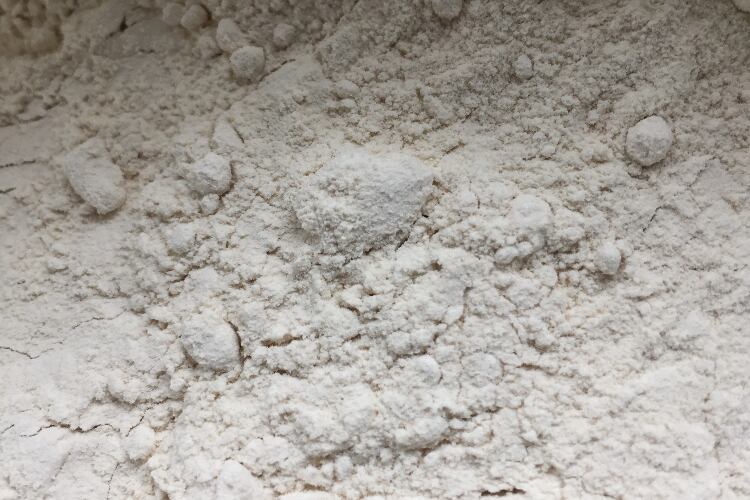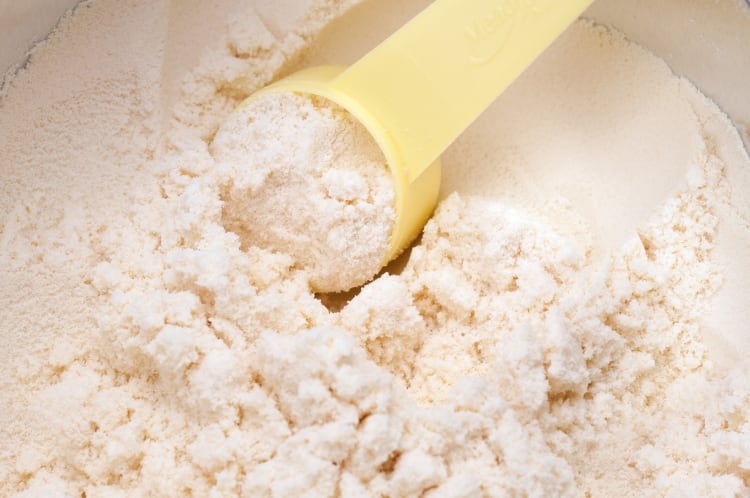The Marketing in Australia of Infant Formula: Manufacturers and Importers Agreement (MAIF Agreement) has been authorized until July 31, 2024 after the ACCC accepted the MAIF Agreement would continue to ensure important restrictions on the promotion of breastmilk substitutes.
“Without this agreement among infant formula manufacturers and importers there is a risk of an increase in the marketing of infant formula, both directly to consumers and indirectly through references to infants in the marketing of toddler milk,” ACCC deputy chair Delia Rickard said.
“A continued ban on infant formula advertising is likely to result in public benefits by protecting rates of breastfeeding, which has significant public health benefits.”
However, the ACCC said it is concerned marketing of toddler milk products is significantly undermining the agreement’s effectiveness, along with a lack of timeliness and transparency in how complaints about advertising are handled under the agreement.
“The ACCC has noted the rise in advertising for toddler milk products, and is aware of concerns that this may be used as a proxy to market infant formula. Our decision on whether to authorise this agreement was finely balanced as a result,” Rickard said.
“We can only grant authorization in cases where the public benefit outweighs the detriment, and we carefully considered whether this agreement reached that threshold.”
Signatories to the MAIF agreement are not able to promote infant formula but are free to advertise toddler milk products. Studies submitted to the ACCC and anecdotal evidence from multiple submissions, including from healthcare professionals, indicated consumers could be confused between infant formula and toddler milk products and advertising.
“The issues raised by this application go beyond the scope of competition law, and raise significant health policy issues. We recognise that Australia’s response to health policy issues is a matter for the Australian Government,” Rickard said.
“We would encourage the Department of Health to consider these issues through its broad review of the effectiveness of this agreement, which is due to be undertaken later this year.”
The ACCC said the authorization should not be taken as ACCC endorsement of the adequacy of the Marketing in Australia of Infant Formula: Manufacturers and Importers Agreement, and should not restrict the Department of Health from reviewing the agreement and recommending changes to it or for it to be replaced by an alternate regulatory approach.
The Marketing in Australia of Infant Formula: Manufacturers and Importers Agreement forms part of Australia’s implementation of its obligations as signatory to the World Health Organization’s (WHO) International Code of Marketing of Breast-Milk Substitutes (1981). The MAIF Agreement has been authorized in more or less its current form since 1992.
In 2016, the WHO published guidance to clarify the breast milk substitutes covered by the code should be understood to include toddler milk products, and that marketing of toddler milk products was effectively promoting infant formula. Further information is available from the WHO at: Guidance on ending inappropriate promotion of foods for infants and young children (2016) and Cross promotion of infant formula and toddler milks (2019).


